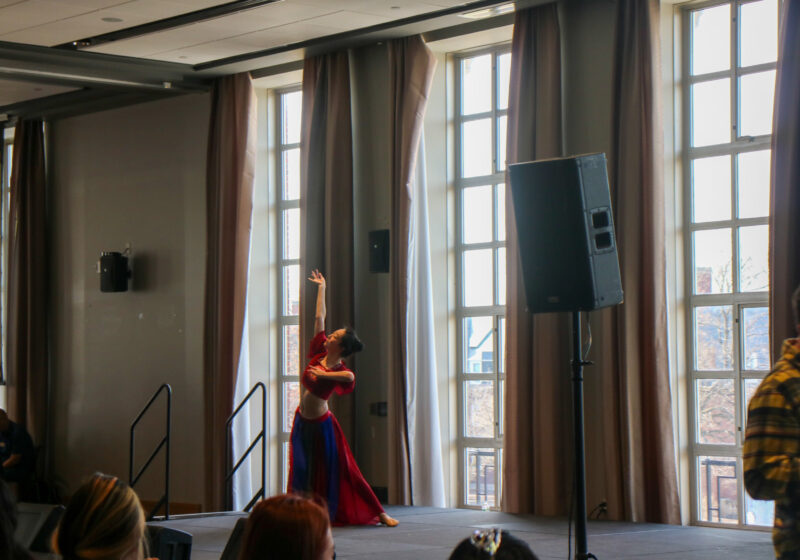Discrepancies in the UR judicial policies and procedures will be reviewed by a new committee, who will attempt to make them more consistent with UR’s values and principles.
The Judicial Principles and Processes Committee was formed last semester by William Scott Green, Dean of The College, who felt that there were incongruities between judicial policies dealing with academic matters and policies dealing with student discipline.
“The Office of the Dean of Students began discussing the value of a review of the judicial procedures last semester,” Green said. “As we began to try to correlate academic and non-academic policies, a review seemed timely and appropriate.”
The committee wants to identify and correct these discrepancies in order to make the different aspects of these policies more consistent with each other. For example, there are differences in the way the Family Educational Rights and Privacy Act is applied to academic and disciplinary student records. In general, it is much easier for parents to obtain academic information on their child at UR than disciplinary information, which is released only in most extreme cases.
Currently, the committee is developing a set of values and principles that will govern the UR judicial process. It will then review the judicial system to see how it can be changed to become compliant with those principles. “This committee gives us a chance to think in completely different terms,” said Dean of Students Jody Asbury, chair of the committee.
In addition, recent events on campus have prompted the formation of separate student-generated committees focusing on specific issues with the judicial process. One committee is considering whether UR should institute zero-tolerance policies. Another committee deals with rules governing notification and release of student information.
These student-generated groups are not formally a part of the main committee, but their suggestions will be heard and carefully considered. “We have to be smart, sensitive, and cautious as to the needs of everyone involved,” said Asbury.
The majority of student organizations have representatives on the committee. The Deans of the university also actively participate, as well as other representatives of the administration, such as UR Security, Student Activities, and University Health Services. Student representatives are always invited to participate in the committee.
Senior Ryan Walters, Chief Justice of the All-Campus Judicial Council, is among the committee members who think that the present judicial system is not flexible enough. He also thinks that some conduct standards are overly specific, while others are too vague.
“You don’t necessarily want a set of conduct standards that can be interpreted too broadly,” he said. Finding the proper balance is one of the things the committee will work on.
“The basic idea is to review the judicial procedures that are in place and make them more goal-oriented to the students, faculty, and staff and to the goals of the university,” said the committee’s UR Peace representative and junior Ashok Krishnan.
“The actions of the committee should be oriented towards making sure that the judicial system doesn’t become cynical or create mistrust,” said Walters.
The committee is still in an early stage and no positions have been defined except for chair, who moderates the meetings. The extent of the committee’s review of policy and many of the specific issues to be addressed also remain to be determined.
Uzilov can be reached at auzilov@campustimes.org.




